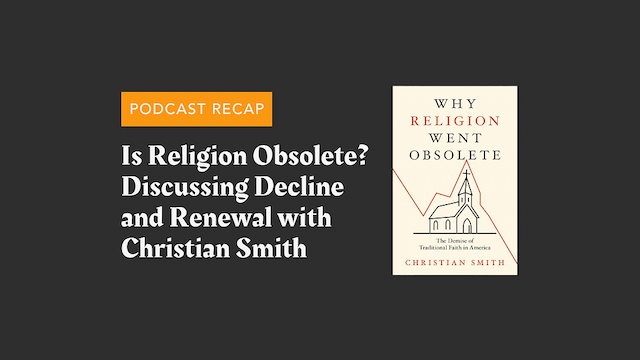Podcast: Election and Mercy in Romans 9


Check out the So We Speak podcast on Apple Podcasts or Spotify.
When dealing with complex texts, especially those with hotly-debated topics such as predestination and free will, it is easy to put our own thoughts and feelings into the passage – we like to make Scripture say what we want it to say. However, if we are to be truly biblically based, we have to let Scripture speak for itself.
An overview of Romans 9 needs to happen in the context of the whole book. The first few chapters deal with man’s depravity and inherent sinfulness. Even in our “good works,” there is still a proud, judgmental, and rebellious spirit. This is followed by Paul describing our need to be saved from our sins to be right before God, who we are in Christ, our current struggles with sin, our security in Christ, God’s grace towards us in salvation, and God’s plan of salvation for all people.
We approach Romans 9 in the context of the gospel – the sinfulness of man adn the grace fo God. Romans 9 paints an image of God that many of us do not find appealing. God loved Jacob and hated Esau (Romans 9:13). The issue is election.
The Elephant in the Room
This is an extremely tricky topic to navigate. However, as stated above, we must let Scripture speak for itself. According to this passage, God has mercy on whom he wills, and he has hardens whom he wills (Romans 9:14-18).
Calvin said of this passage, “He indeed takes it as granted, according to what has been already said, that the reason is hid in the secret and inexplorable counsel of God; whose justice it behoves us rather to adore than to scrutinize.”
Salvation is all grace from a sovereign God who chose us before the foundation of the world (Ephesians 1:3-5).
What About Double Predestination?
The idea of double predestination is that God actively sends people to either heaven or hell. However, men are going to hell by default of their own sinfulness. There is no intervention on God’s part to send sinners to hell. It is their natural destination.
However, no one is saved without the grace of God intervening on their behalf. Heaven is not the sinner’s default destination – hell is. Because of this, it is important to realize that people are only saved as a result of God’s election and grace upon their souls.
Conclusion
God is sovereign and we are responsible for making conscious decisions. These two ideas blend perfectly in God’s economy. While there will be logical disagreements about these issues on this side of heaven, we can trust God knows what he is doing.
Brittany Proffitt lives in Dallas, TX, holds a BA in Religion, and is a student at Southwestern Baptist Theological Seminary.











